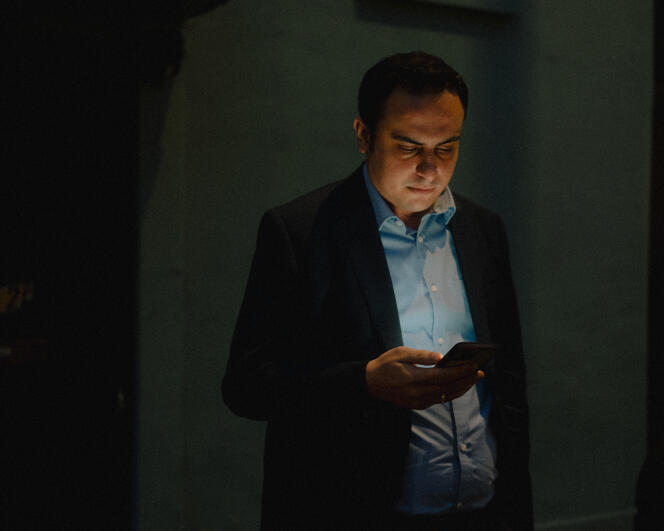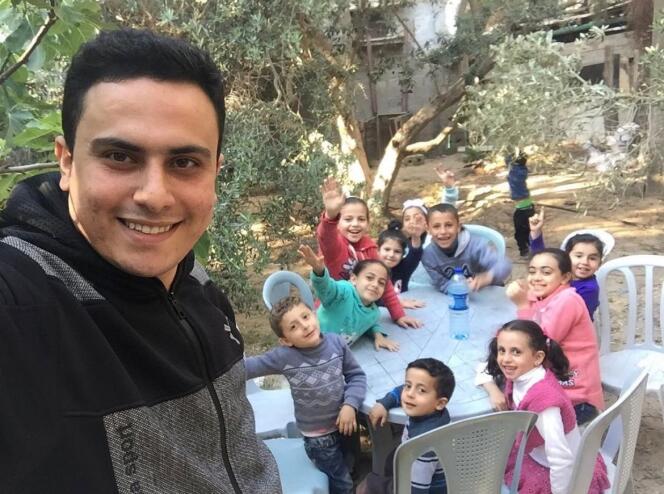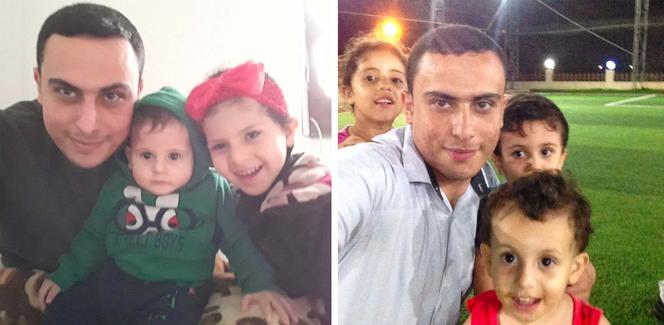


Ahmed Alnaouq arranged to meet us near his home, in Southwark, a trendy district of London. Sitting outside a café, on Tuesday, November 7, the Palestinian journalist who has lived in the UK for four years nervously chain smokes. Despite his pain, which is hard to put into words, he wants to tell the story of his tragedy and, by extension, that of Palestinians wounded or killed in the war between Israel and Hamas, "because we need to tell Western public opinion about these victims, these 5,000 Palestinian children killed [4,500 children as of November 10, according to the ministry of health in the Hamas-administered enclave]. They need to know," he said.
At dawn, on October 22, 21 members of his family were killed when bombs struck the family home, "where [he was] born and where [he] grew up," in the Deir Al-Balah neighborhood in the center of the Gaza Strip, which should have been a safe zone – according to the Israeli army, which had asked Gazans to flee the north of the enclave.
Such is his personal tragedy that Ahmed Alnaouq is, by his own admission, "in denial." "I still can't grasp it, I can't think straight," the 29-year-old confided in a soft voice, with a slightly absent look in his eyes. Among those killed were his father, three of his sisters, two brothers, a cousin, and 14 nieces and nephews, all children. "They were all civilians, not militants, and had no links to Hamas. My father was an old man of 75, a diabetic; one of my brothers worked for a humanitarian organization; my three sisters were engineers or teachers; my cousin had a doctorate, he taught at the university," Ahmed Alnaouq told us.
He couldn't be with them. "I've not been able to kiss them goodbye. They did not even have a funeral, they were buried straight away. Children's body parts are still under the rubble," said the journalist. Only two people survived the blast: One of his sisters-in-law and her son. His two other sisters were not at home at the time of the explosion and are still trapped in Gaza. "I finally managed to get hold of one of them today, she feels so alone, life is really tough, as is access to food and water... People are psychologically devastated."


Ahmed Alnaouq had already lost his mother to cancer three years ago, "she died at home because Israel refused to allow her to continue treatment outside Gaza." However, he says he is being looked after well in London: "People are very kind, many have offered to help me and are asking after me."
You have 55% of this article left to read. The rest is for subscribers only.
